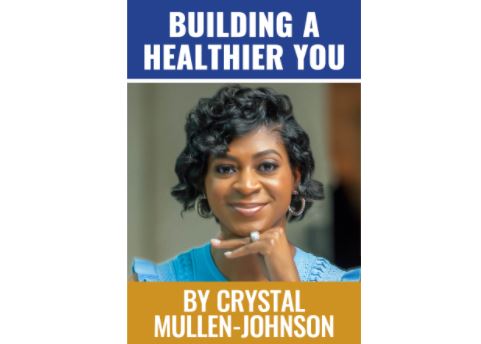By Crystal Mullen-Johnson
The world is changing in ways that have some feeling hopeless about the future. In May we experienced intense emotional responses brought about by devastating mass shootings in Buffalo, New York and Uvalde, Texas. Sadly, the lives of innocent adults and children were taken by heartless gunmen, both of whom were teenagers.
We mourn with the families and friends of the 19 children and 2 adults killed at Robb Elementary School in Uvalde Texas and the 10 African American shoppers killed by a racist shooter inside a Buffalo supermarket. It should not become a common thought that bad things may happen when we leave our homes to take our children to school, attend work, assemble at church, or spend time in our communities. Engaging in these kinds of activities is truly a part of our daily routine. Consequently, many are living in terror because of people carrying guns and the violence to which they subject others.
The most recent mass shooting in Texas justifiably causes many parents to experience anxiety, powerlessness, and guilt. I experience worry thoughts about my 13-year-old son when I take him to school. I am hopeful Ethan will return home safely. Ethan is vulnerable to being a victim of gun violence therefore I have conversations with him about safety protocols to self-protect if he is in a dangerous situation.
As adults we are tasked with having conversations with children about mass shootings because it has become a common experience. Kids are vulnerable to being victims of gun violence, this is not a time to shy away from having difficult conversations about a safety plan.
Negative events are a fact of life; however, we must learn how to cope and manage our emotions when these kinds of events arise. Adults should do the following to manage their anxiety:
- Set parameters around exposure to watching the news about tragic events,
- Identify triggers and determine how to manage your response to them, and
- Allow yourself to feel emotions instead of avoiding them. Consider talking to a licensed mental health provider to learn healthy coping skills, and
- Maintain a focus on self-care activities.
The mass shooting impacts kids’ mental health. Children process trauma differently from adults. They way trauma may impact the child depends on the child’s age and developmental level. And their response to traumatic events is contingent on exposure to trauma in the past. Factors to consider are the following:
- severity of the event
- proximity to the event
- caregiver’s reaction to the event
- prior history of the child experiencing past traumatic events
- child’s family history
- trauma that may present in their community
Long term exposure to trauma can impact the brain and the nervous system. This can lead to health and mental health problems. Common symptoms of trauma are worry, fear, shock, anger, irritability, guilt, self-blame, suicidal thoughts, bedwetting, nightmares, mood swings, and visual images of the event. If your child experience symptoms of trauma contact a mental health professional that is trained to address grief and trauma.
American Psychological Association (APA) says it’s important to encourage kids to talk about their emotions. Support your children by allowing them to ask questions, promoting their self-care, provide helpful age-appropriate information, and limiting media exposure.
As we are immersed in hearing about these traumatic experiences, reading about them, or incessant retelling of the stories, it is important to be aware you can experience a grief response, depression, post-traumatic stress, physical symptoms, and anxiety related to the tragedies.
Mental health conditions can be treated. Reach out to a licensed mental health professional if you need support. You are not alone. If you know someone in crisis that is thinking about harming themselves or others call: 911 for emergency services and/or the National Suicide Prevention Lifeline at 1-800-273-8255
Strive counseling is offering a mental health support group starting on June 14 for teens ages 14-18 for 6 weeks. Visit our website to register, www.strivebhm.com.
Be safe and mentally healthy!
Crystal Mullen-Johnson is a Licensed Clinical Social Worker and a Registered Play Therapist in Birmingham, AL with more than 16 years of experience in providing counseling. She is the owner and founder of Strive Counseling Services a private practice located in downtown Birmingham that offers therapeutic mental health services to children (play therapy), adolescents, and adults. Strive offers evidence-based therapeutic modalities such as Cognitive Behavioral Therapy (CBT). Contact us at (205) 721-9893 to inquire about Telehealth Services or visit www.strivebhm.com
She is a published author of the “21 Day Journey to Strive for a Healthier You” which can be purchased here .
She is also the Founder/President of Nurture, LLC, a non-profit organization in Birmingham, AL. Learn more about nurture by visiting www.nurturebham.com



